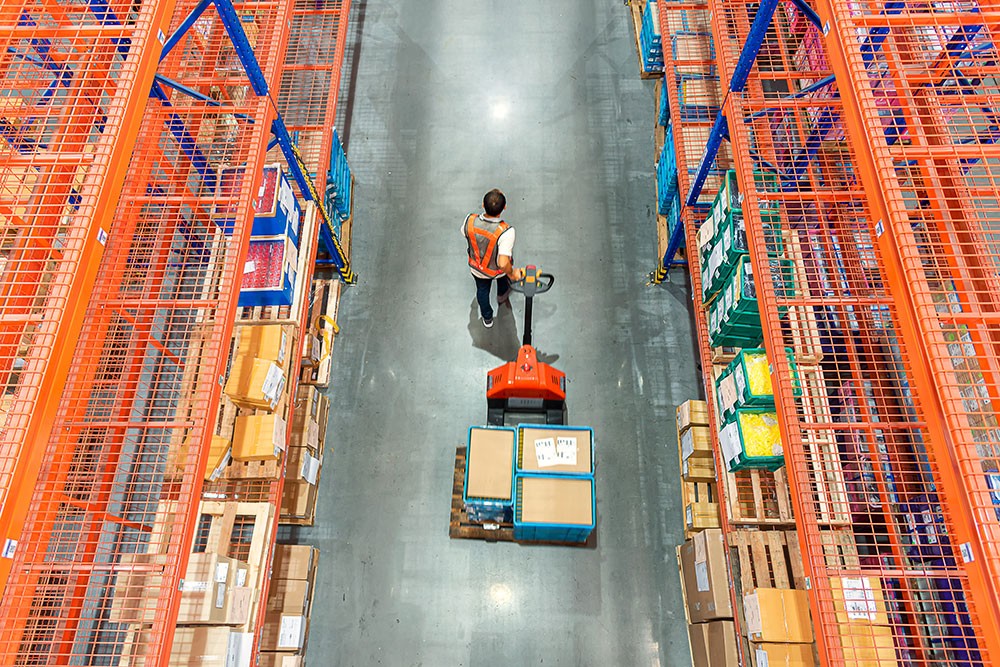
While the ongoing trade tussle between the US and China (and Brexit in the UK) were already beginning to shine new light on the critical importance of supply chains, not even the world’s leading manufacturers, including Apple, realised how easily theirs could be disrupted until Covid-19 struck.
With sudden travel bans, unheard of lockdowns and a seismic shift in consumer behaviour, the flow of goods and services was plunged into disarray. Businesses everywhere soon discovered just how vital a transparent, flexible and collaborative supply chain is. But, as many have discovered, supply chain resilience is about more than managing production delays and intercontinental deliveries.
Feet of clay
A prime example is the UK’s online retailer Boohoo, which recently showed how a lack of due diligence can ruin what otherwise seemed like a rare success story during lockdown. An article in The Sunday Times in early July alleged that one of Boohoo’s garments suppliers in Leicester, England, was paying workers less than minimum wage and forcing them to work in poor factory conditions, as well as against lockdown rules.
At that point, Boohoo had just recorded a whopping 45% increase in sales for the first quarter of 2020. This was at a time when most other companies, not least those in the fashion sector, were reporting record decreases due to the pandemic. The company’s share price, along with its reputation, tanked after the supply chain revelations.
In July, the company responded saying it would not tolerate bad practice, and instituted a review led by a QC. This reported recently, identifying unacceptable issues with the supply chain, which Boohoo CEO John Lyttle said the company would address, adding ‘it is clear that we need to go further and faster to improve our governance, oversight and compliance’.
Whereas Boohoo has come in for heavy criticism from both investors and consumers, Apple has been commended for communicating the lessons it has been learning. Among other measures, the IT company introduced new health and safety rules in response to the pandemic. Apple’s 2020 supplier responsibility report, released in May, said the company continues to work with its global supply chain ‘on a range of protections suited to the circumstances in each country’.
Supply chain mapping
In recent years, we have heard companies with wider supply lines talking about mapping out their networks as a risk mitigation strategy, but few have accomplished this due to the hefty resources required. Covid-19 has forced businesses to accept that there is no way around this as supply chains become more complex. Even those that had already identified weak links in their supply networks know the pandemic has created unique opportunities to rethink risk and resiliency.
The question is: where do organisations start? The following five principles should help.
How should supply chain approach disruption?
- Improve efficiency and effectiveness to remain relevant
- Be resilient and adapt quickly to market disruptions
- Be the disruptor – support new business models or dramatically reimagine old ones
Source: IDC
The most common KPIs used for supply chain monitoring
Source: GEODIS





